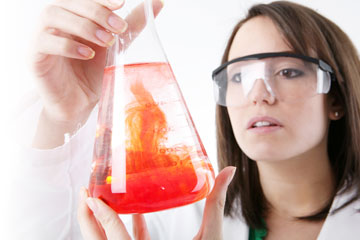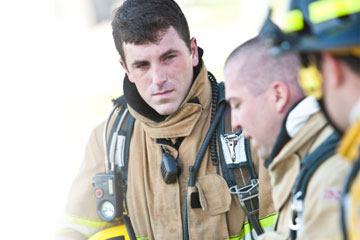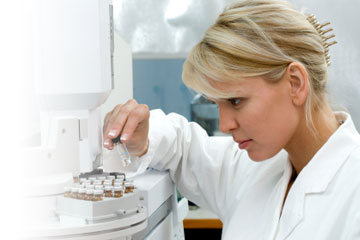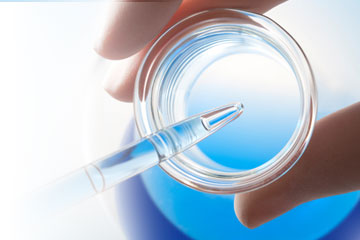-

Protecting the Public
The Association of Public Analysts (also known as the APA) is the professional body for the highly-skilled scientists who make up the front-line of the UK’s public protection service. The Public Analyst works to ensure the health and safety of the public in relation to food, animal feed, water, environmental matters and consumer protection.
-

Working in Partnership
The Association of Public Analysts works hand in hand with protection and enforcement bodies such as the Fire Service, Trading Standards, Environmental Health and the Food Standards Agency. These bodies work together to ensure the safety and protection of everyone in the UK. The APA also works with schools and community groups to raise awareness and understanding of public protection issues.
-

Rigorous, in-depth Training
Keeping the public safe requires professionals with the highest level of training and qualification. Once qualified, public analysts must maintain their skills and competencies to ensure they are in an informed position to respond to emerging issues. The APA has a strong focus on training and organises a range of training activities for practising public analysts and those training to join the profession.
-

History and Heritage
The Association of Public Analysts traces its origins back to the 19th century when laws were first introduced in the UK to combat the growing problem of food fraud and adulteration. The requirement for local authorities to appoint an analyst was enshrined in The Adulteration of Food and Drink Act 1860 and the need for a professional association to represent these analysts and to maintain high standards in the profession was recognised.
Headlines
-
Analysis reveals dangerous cosmetics.
Work at Kent Scientific Services carried out under the direction of Public Analyst Jon Griffin established that five of items bought from a site on eBay contained either hydroquinone or corticosteroids. Pure White Dark Spot Corrector Serum contained both but did not list them as ingredients. The serum contained 10% hydroquinone. This is five times the limit that was allowed in cosmetics before a complete European ban in 2001. Following a four-year investigation by Southwark Council’s Trading Standards team Musiliu Olatunji Badejo, pleaded guilty to selling the banned cosmetics in April.
Read more
What we do - Making it crystal clear
-

Putting things in Perspective
The day to day work carried out by the members of the APA has a direct effect on our daily lives — from the food that we eat to the air we breathe, from checking the safety of children's toys to providing a frontline emergency response unit for chemical leaks.
Find out more -

Case studies
View some recent case studies of work carried out by members of the APA showcasing the diverse range of instances where our members get involved.
Find out more